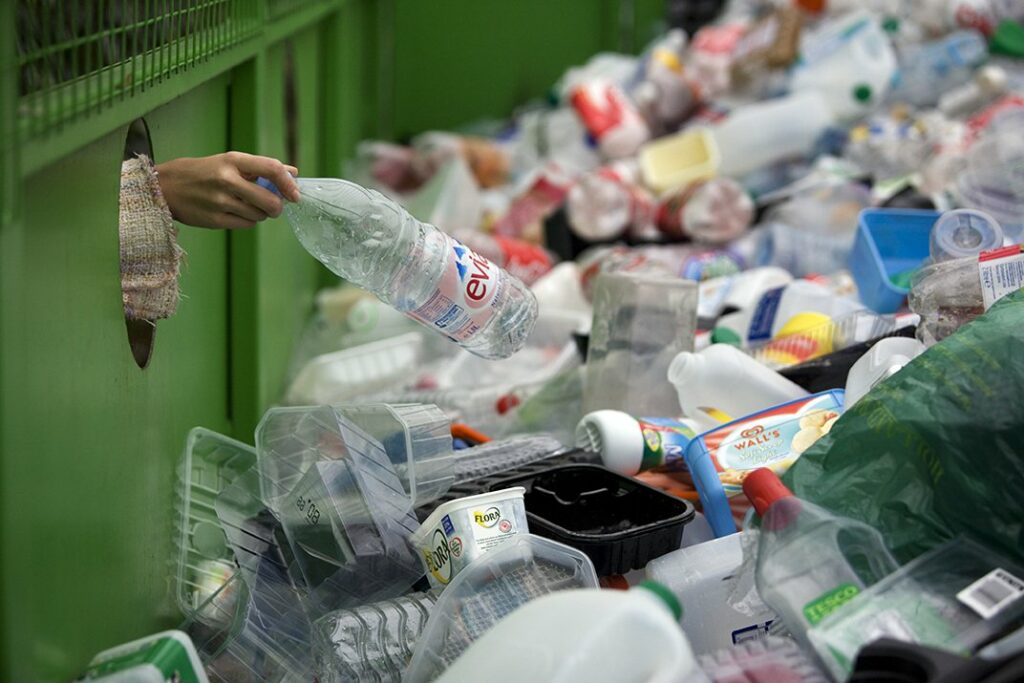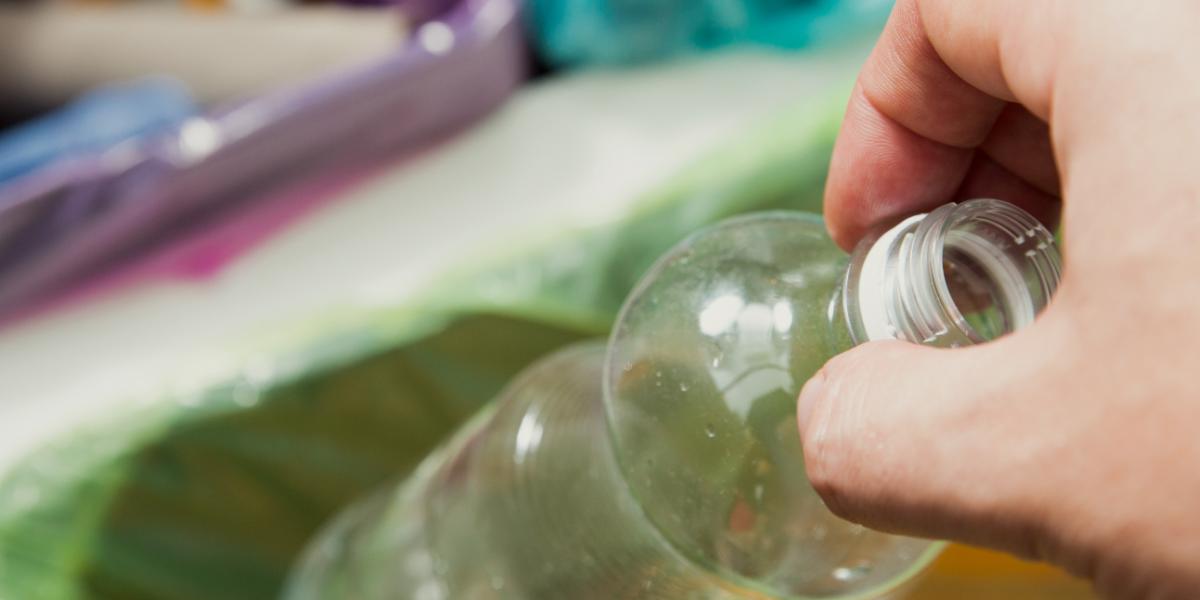According to research conducted by BIFFA in conjunction with WRAP UK last year, one fifth of recycling un-recyclable due to contamination.
The research revealed that nearly one fifth (17%) of England and Wales’s waste (from both businesses and households) cannot be recycled due to contamination. High street recycling bins cannot be collected separately because people simply put general rubbish into recycling bins out of laziness or lack of awareness.
Did you know that up to 84% of households are contaminating their recycling through well-intended ‘wish cycling’ (when you just throw something in a bin because you’d like to think it can be recycled but haven’t really checked…)?
According to Wrap UK, people age 55+ are the most clued up and responsible when it comes to recycling, with Gen Z the most “confused”…

Recycling contamination occurs when materials are sorted into the wrong recycling bin (placing a glass bottle into a mixed paper recycling bin for example), or when materials are not properly cleaned, such as when food residue remains on a plastic yogurt container.
Glass is the number one contaminate – with many households mistakenly adding old/broken drinking glasses to their recycling.
The most common wrong items aside from glass are black bin bags and other plastic bags, nappies, tissues and sanitary items.
Other contaminants that impede recycling and recycling equipment are:
- Shredded Paper
- Scrap metal
- Hazardous Waste
- Non-recyclable plastics
- Flattened containers
- Caps of Lids
- Liquids
- Dirty food contaminated paper and plastics
How to responsibly recycle
BIFFA recommends certain steps to help prevent contamination:
- Understand on-pack recycling labels (OPRLs): All packaging contains an OPRL, explaining whether it can or cannot be recycled (along with guidance for doing so if necessary).
- Get clued up on plastic: There are seven different types of plastic – ranging from PET (which is used in plastic drinks bottles) through to PVC (found in things like plastic food wrap) – but not all of them are recyclable. The types of plastic can be determined by their plastic resin code (a triangle on packaging with a number from one to seven inside).
- Use recycling centres and sustainable waste management companies: Some recyclable items are unable to go in standard recycling bins – for example, electrical items, so visit recycling centres.
- Stop ‘wish-cycling’: Throwing waste into recycling bins without checking whether the item can actually be recycled results in high levels of contamination where rogue items can potentially prevent a whole load of waste from being recycled.
- Rinse recyclable waste (as indicated on OPRLs) to help to ensure packaging can be recycled rather than being too contaminated to process.
It doesn’t really take much to spend a little more time learning what can and can’t be recycled and it does make a HUGE difference.


